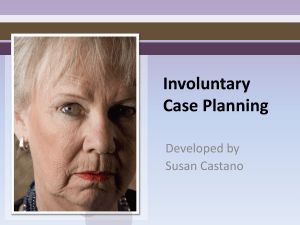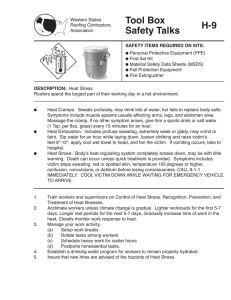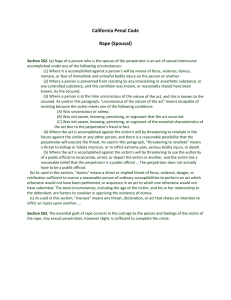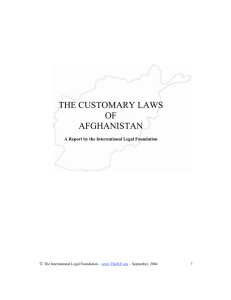Involuntary Case Planning Developed by Susan Castano
advertisement
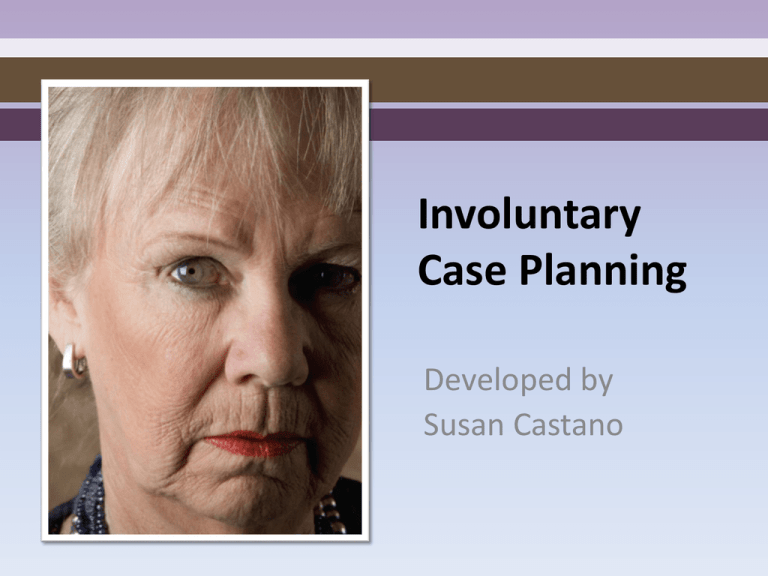
Involuntary Case Planning Developed by Susan Castano Housekeeping and Introductions • Schedule for the day • CEU instructions • Location of restrooms • Set cell phones to vibrate • Introductions 2 Evaluation Process • All APS Training has 3 evaluation components: Transfer of Learning Activity Satisfaction Survey Embedded Evaluation 3 Developing an ID Code • What are the first three letters of your mother’s maiden name? Alice Smith • What are the first three letters of your mother’s First name? Alice Smith • What are the numerals for the DAY you were born? Nov 29th Trainee ID Code S M I A L I 2 9 4 Learning Objectives • When should you use involuntary interventions? • When is safety more importance than self determination? • What are the ethical issues? • What are involuntary interventions? It’s a Free Country… Or Is It? Too Far or Not Far Enough? We Can’t Do It Alone Proving the Need for Intervention Understand the legal process Determine who else should be involved Evaluate the social consequences Gather the evidence Document clearly Understand the Legal Process • What are the statutes governing this action? • Has a crime been committed? • What are the legal consequences to the victim? • What are the legal consequences to the perpetrator? • Does the action meet legal standards? Who Else Should be Involved? • Who are your partners/Who can help you reach your goal? • Respond to the challenges • Learn their language Gather the Evidence • Focus on observable facts – Who – What – Where – When – How • Obtain supporting information from reliable sources Document Clearly • • • • Facts Observations Dates Collateral information: quotes • Collateral documentation – – – – – – Medical records Hospital records Bank records Affidavits Utility shut-off Eviction/foreclosure Evaluate the Social Consequences • What will happen to client/victim? • What will happen to perpetrator? • What will be the effect on family members? • How will you respond to the larger community? Tell It to the Judge • • • • • • Mental health hold Emergency hospitalization Home cleanup Gaining access to victim Freeze bank accounts Conservatorship • Groups: prepare your cases • Judges: prepare your questions • Groups: present your cases • Judges: ask your questions and make a decision Final Thoughts Understanding all the factors that may impede rational choice is complex and requires highly sophisticated and critical thinking. Professionals working with the elderly and APS workers must procure on-going training, consultation and supervision, and participate in collaborative activities regarding the principle of self-determination and the duty-to-protect abused elders. In answering the question: “Do we know enough?” ….we do not. The next question is “Are we willing to learn?” L. Rene Bergeron (2006)
